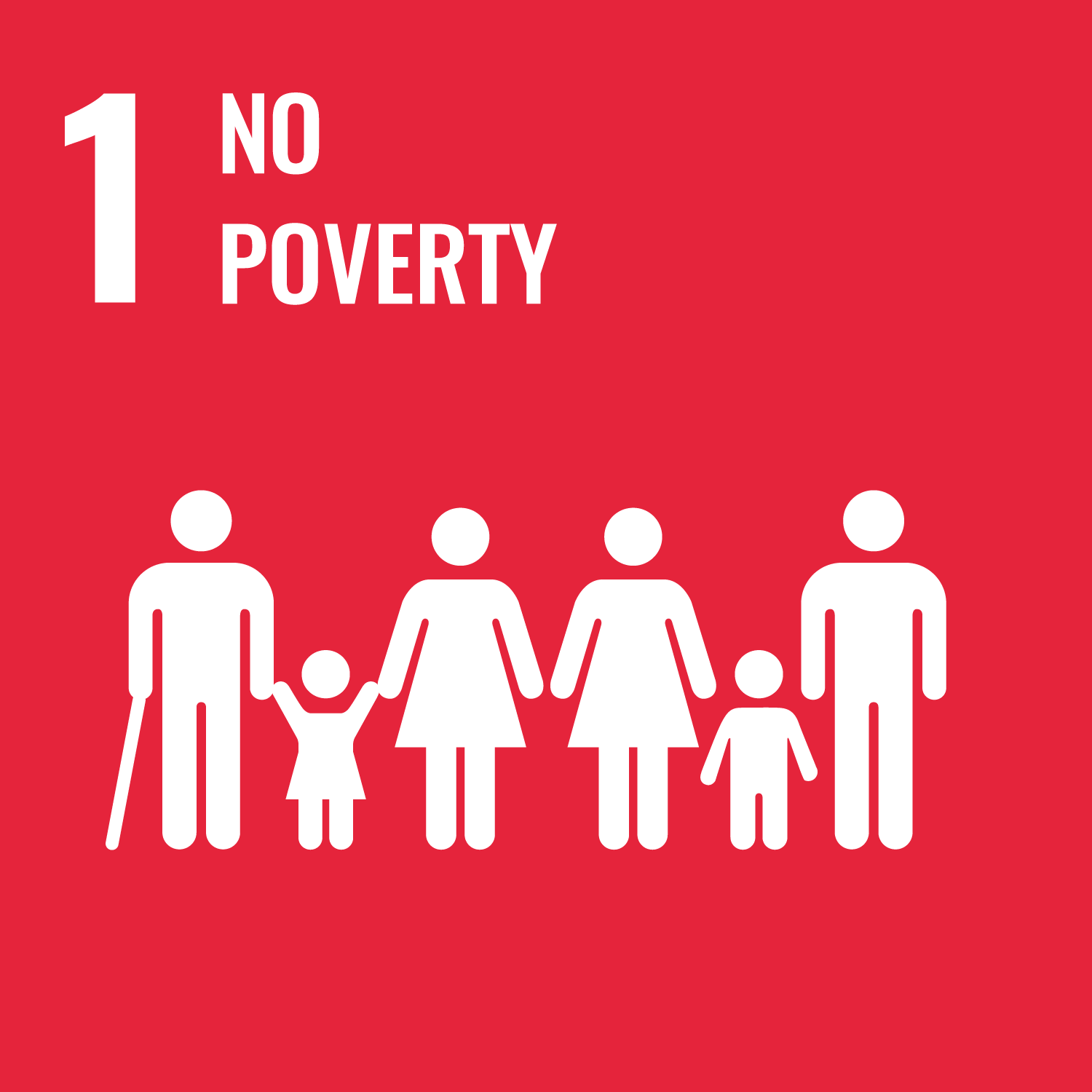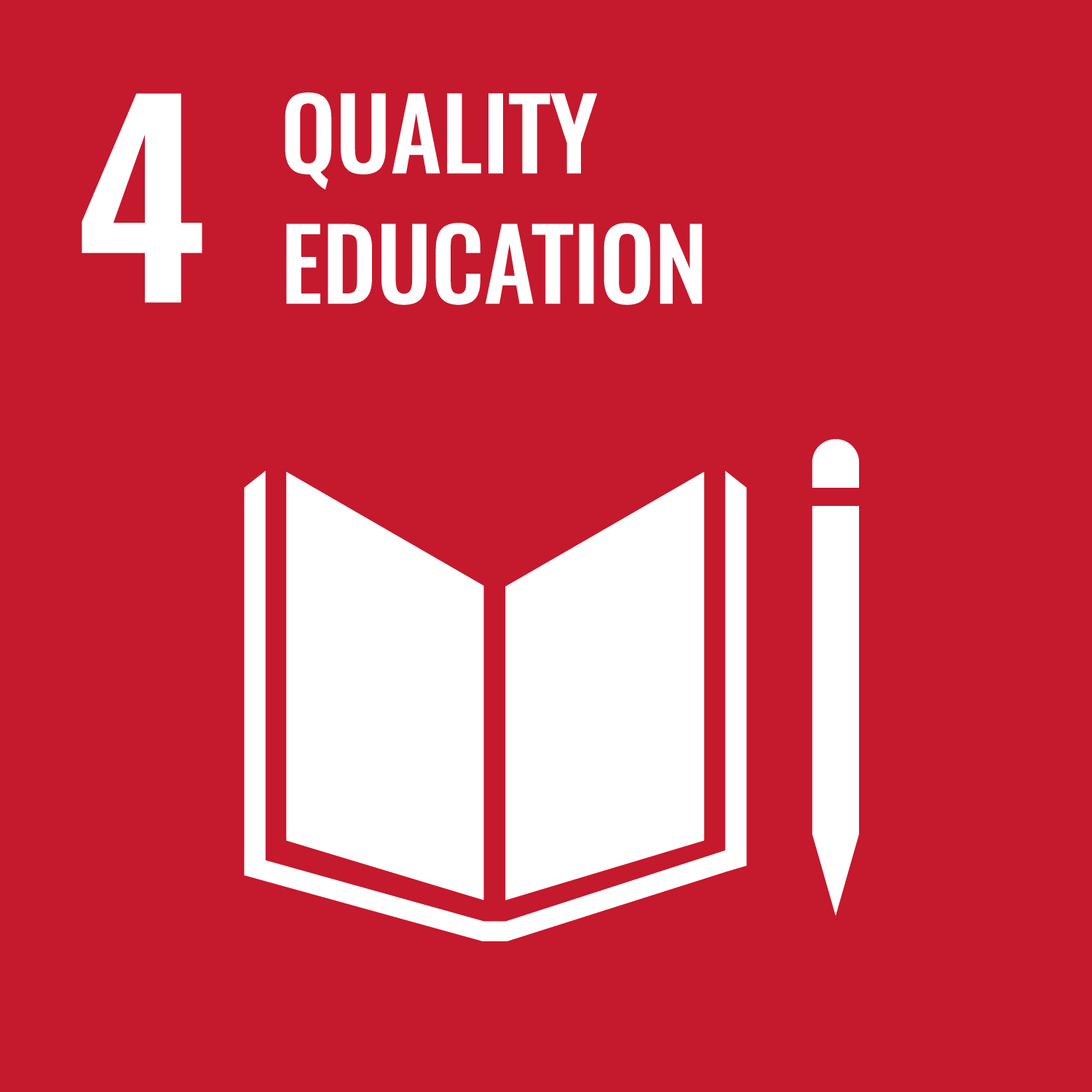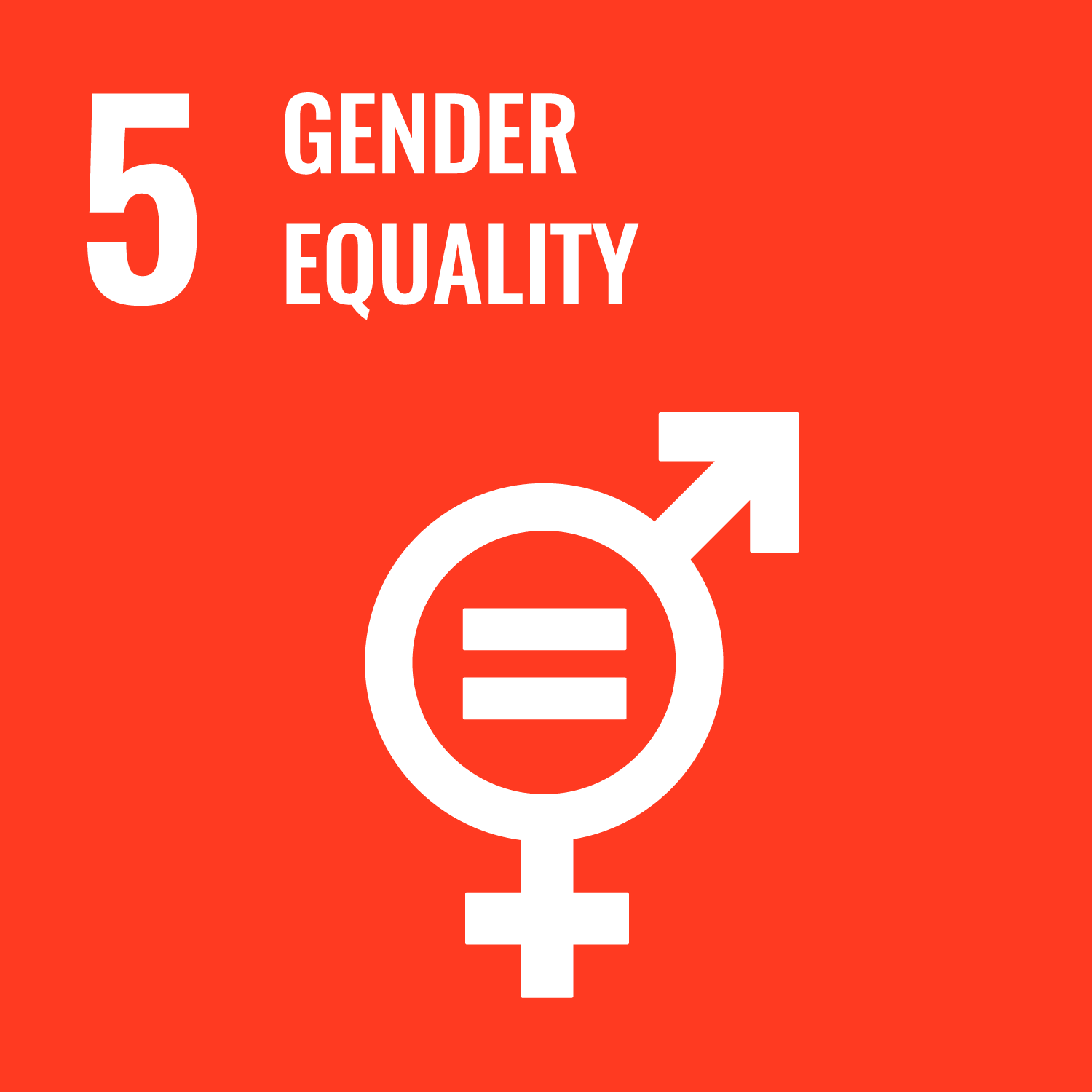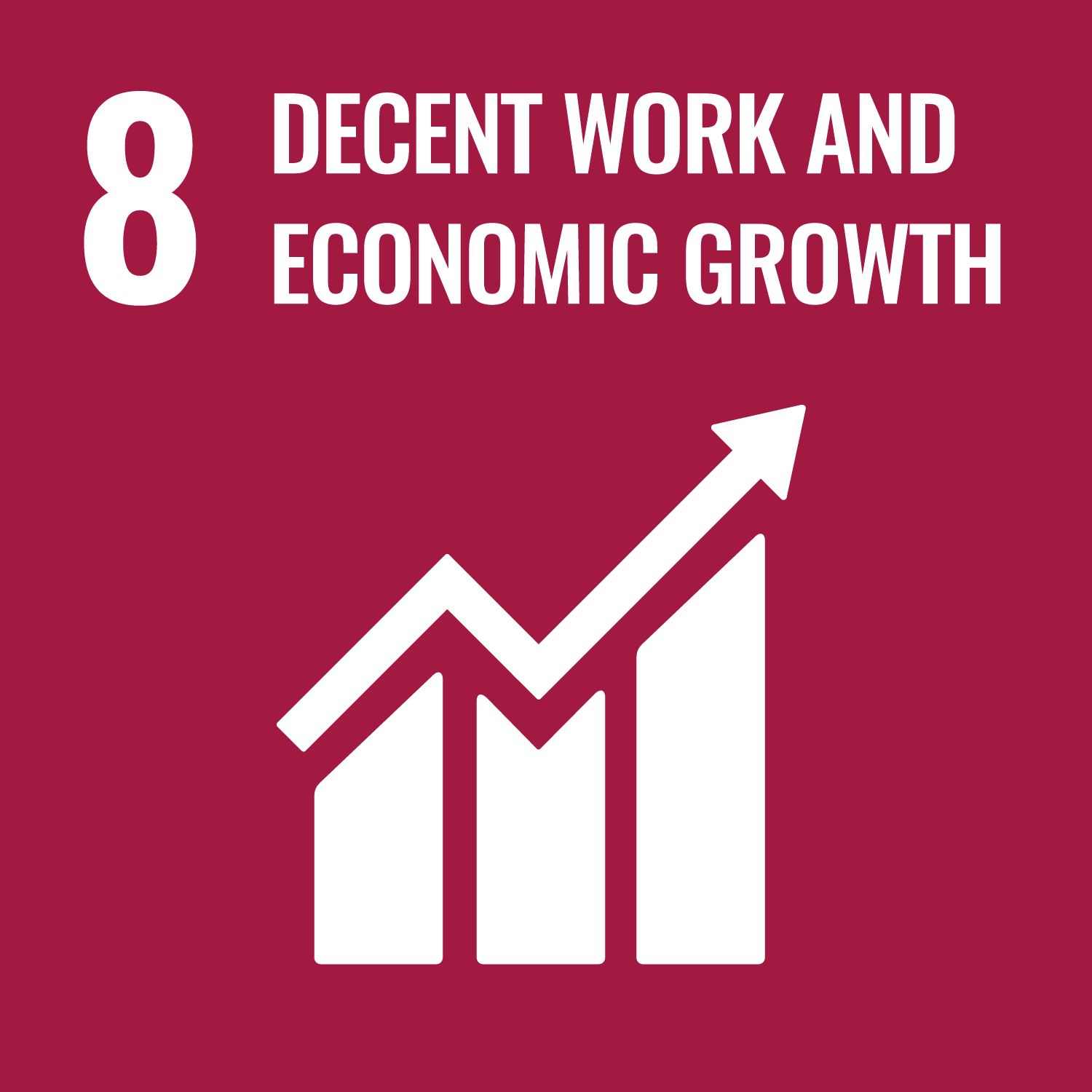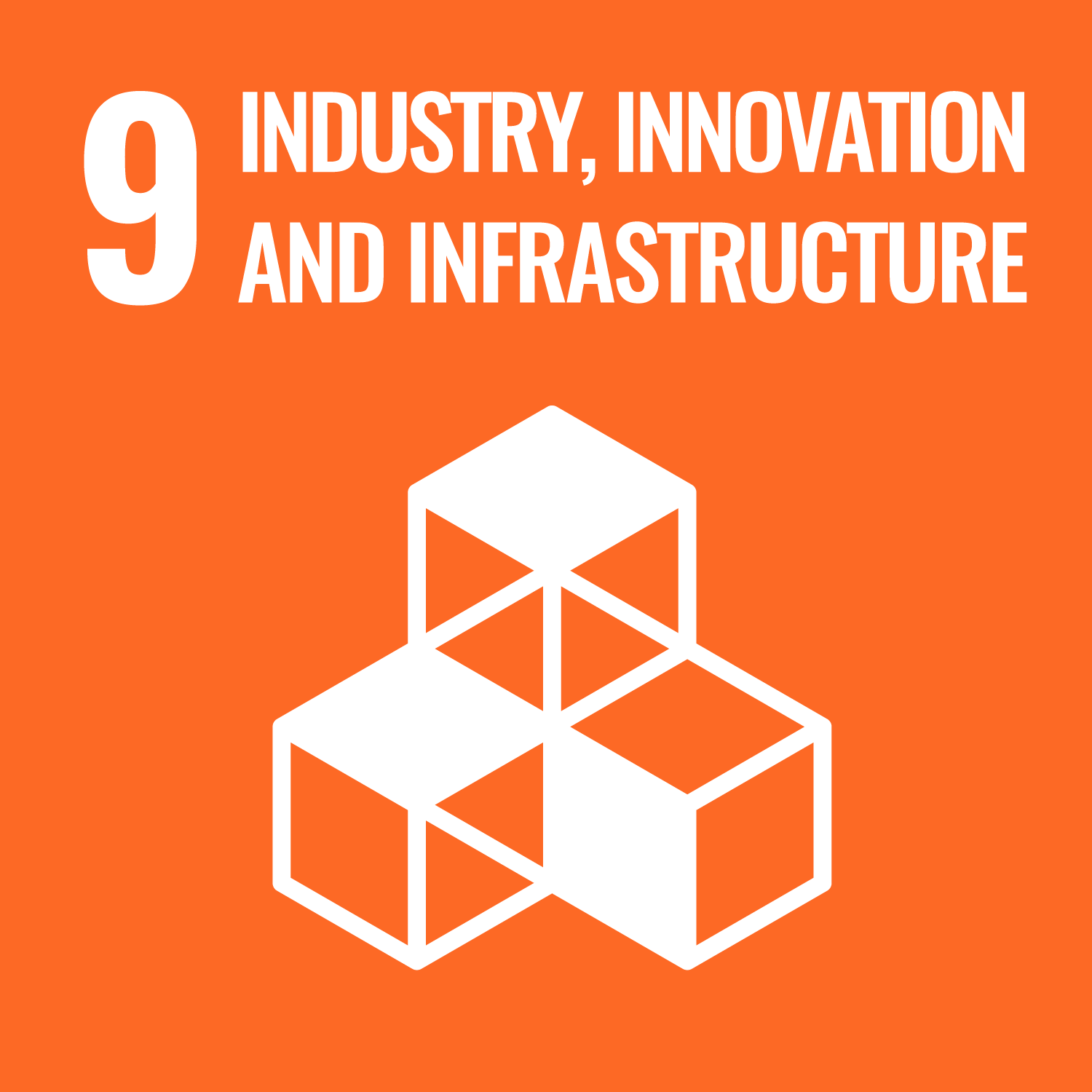When micro businesses have macro impact
2021/03/07
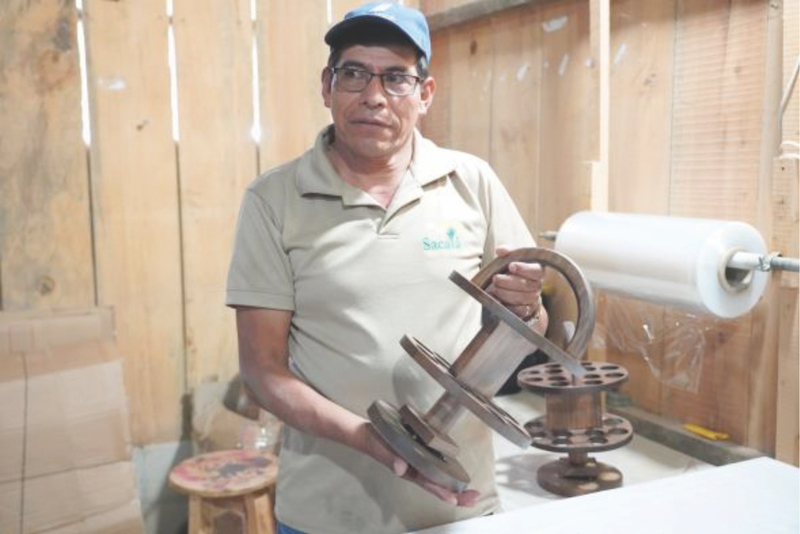 Patricio Coroy, founder of Sacalá, holds a wooden egg-holder, a product sold nationwide. Photo: R. Carrillo/ITTO
Patricio Coroy, founder of Sacalá, holds a wooden egg-holder, a product sold nationwide. Photo: R. Carrillo/ITTO
In many countries, micro, small and medium-sized enterprises (MSMEs) are the largest collective source of employment, and they are vital for national economies. In Guatemala, it is a government priority to support MSMEs and, as part of this, an ITTO project known as the Forest MSME Management Project encouraged informal businesses to become part of the country’s formal economy.
Forest MSMEs face a wide range of problems, including a lack of financial and accounting statements; obsolete timber-processing equipment; a lack of marketing and trade strategies; a lack of industrial safety for workers; a lack of information on financing mechanisms to provide leverage and growth; and limited knowledge of opportunities and demand for products and about potential clients.
The project benefited many MSMEs owned by individuals, families and communities. A database of 127 MSMEs was created nationwide. Business diagnoses were carried out for 40 of these, and 19 of them developed business plans.
Over the life of the project, 320 owners and staff of MSMEs undertook the Diploma in Business Management, which included eight modules: 1) the enterprise; 2) the market; 3) technical analysis; 4) environmental analysis; 5) financial analysis; 6) economic analysis; 7) action plan; and 8) presentation of business plans. These modules have been replicated across the country.
One of the project’s beneficiary enterprises was Sacalá located in the department of Chimaltenango, not far from Guatemala City. In 1998, with support from a few donors, it established a small carpentry workshop with manual equipment (because there was no electricity). Sacalá was established as a limited company in 2004, and it expanded its carpentry workshop in 2012. The organizational structure of Sacalá has now been consolidated with project support, and the company’s first five-year business plan has been put in place and is under implementation.
At present, 98% of the company’s production goes to the national market, with 13 major clients, and 2% goes to the international market (comprising one client in the United States of America). Sacalá offers its customers more than 100 products, such as tea boxes, card boxes, cheeseboards, serving platters, fruit bowls and serviette holders, all produced from small-diameter logs sourced from locally managed forests.
The project helped the company develop new products and designs. Sacalá sells its products to retailers, which then sell to end-consumers. One of the retailers is CEMACO, a chain with 17 stores nationwide. Sales increased over the five years from 2014 to 2018, coinciding with the project’s influence—for example, they grew by more than 50% between 2016 and 2018.
Sacalá is providing direct, permanent employment for 12 heads of households, with indirect benefits for about 60 people.